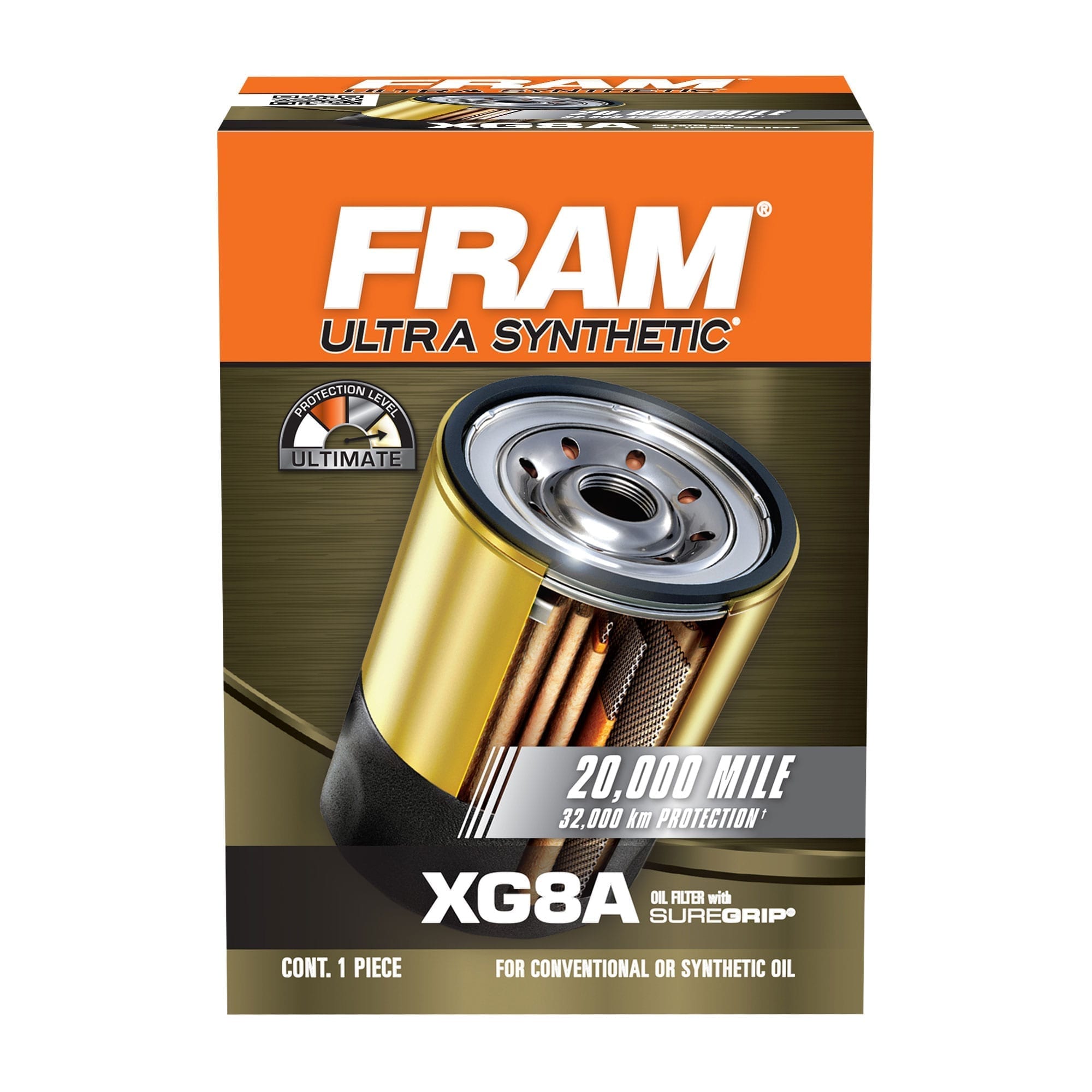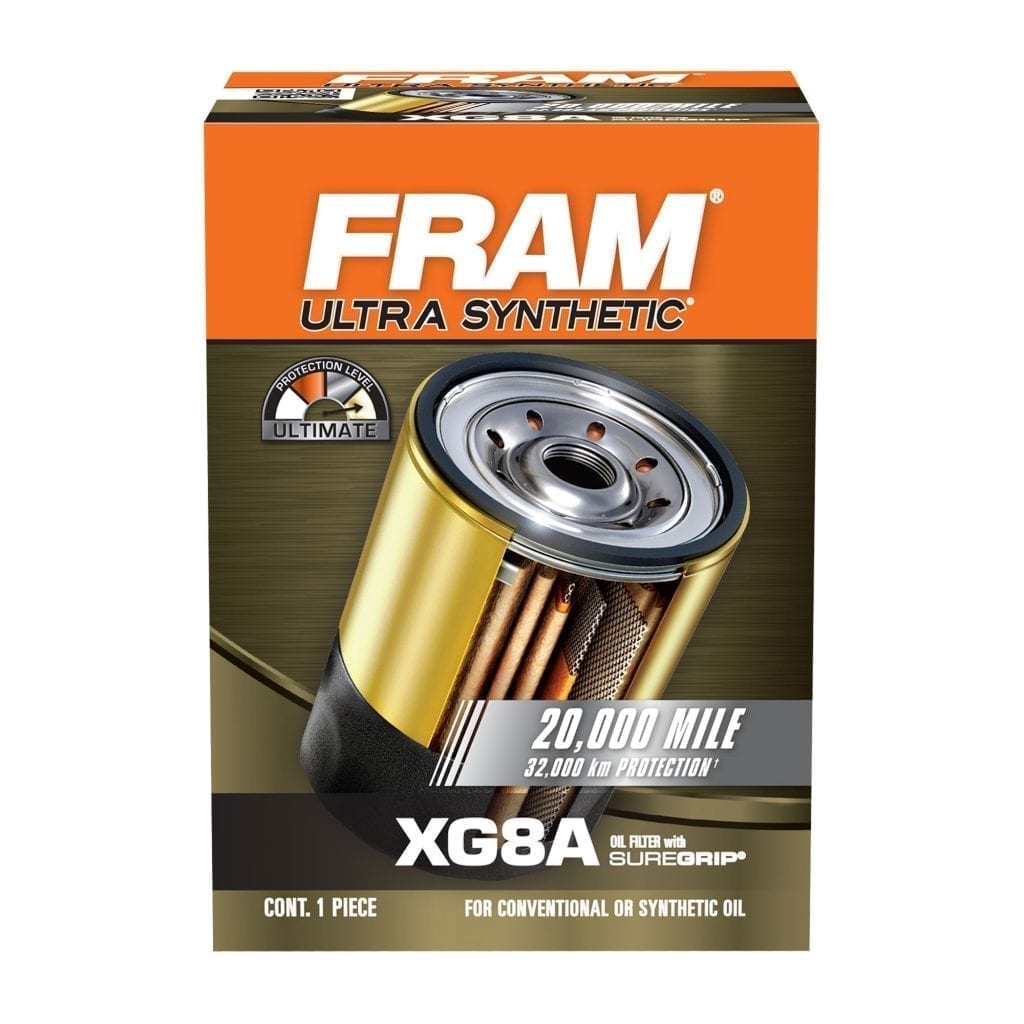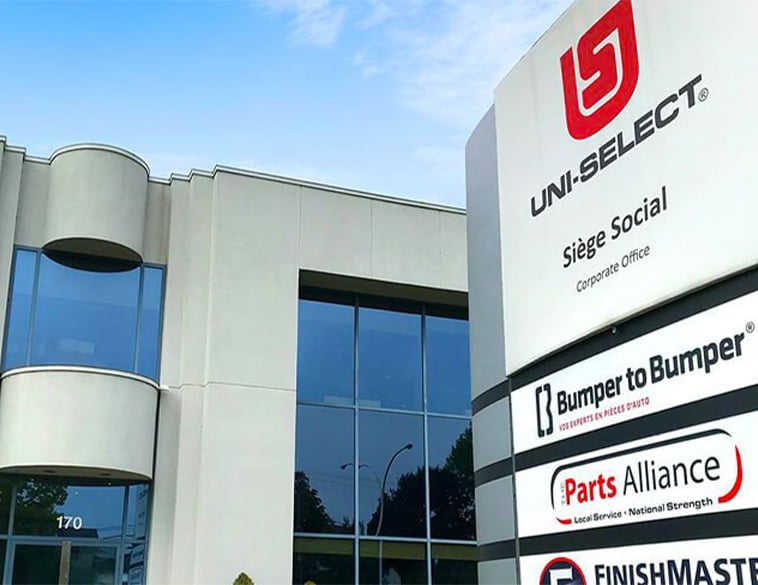Breaking down filter market trends.
John Hussey breaks the car consumer into three categories. “There’s the mechanically disconnected,” says the National Sales Manager of FRAM Group Canada. “If you ask them what size engine they have in their car, they’ll just tell you it runs on gas.”
Then there is the car maintainer. “They know what oil is in their car,” says Hussey. “They may not know their blood type, but they know the brand of oil. This person checks their oil every time they fill up with gas.”
And then there is the car enthusiast. “They have a 1966 Pontiac GTO in the garage and do all of their own work—all their own oil changes,” says Hussey. “They maintain the car religiously.”
So the average consumer, especially the “mechanically disconnected”, may not be aware of the benefits of their car filters. “Some people have never lifted the hood of their car,” remarks Hussey.
Rocking retail filter landscape
And when OEMs started extending oil change service intervals in around 2009, it completely rocked the retail filter landscape.
According to DesRosiers research data, there are 22 million cars registered in Canada. “Before 2009, everyone changed their oil every 5,000 kilometres, and they drove an average of 22,000 kilometres a year,” says Hussey. “At 22 million vehicles and 3.8 oil changes per vehicle, that added up to about 83 or 84 million oil changes a year. Now, because of extended oil change intervals, people are changing their oil every eight or 10 or 12,000 kilometres. That has reduced the number of oil changes to two or 2.1 oil changes per year. So there have been about 44 million oil changes a year that have gone out the window.” In order for a jobber to maintain his volume, Hussey advises trading up to higher value products.
“If you’re going for extended intervals, you should be looking at premium products,” remarks Hussey. “If you’re using synthetic oil, it lasts longer than regular mineral oil. The key is to have a filter that will have the integrity and capacity to go for longer oil change intervals.”
By that, Hussey specifies the capacity and integrity of the pleats in the media of the oil filter. “You should change your oil to your OEM’s recommendation,” he says. “After all, the oil protects your engine. But what protects your oil? The filter does. It’s the most consumable item on a vehicle next to the gasoline—that’s why there are so many different players in the filter market.”

Premium filters for premium oil
The retail market trend is towards buying premium filters to go with premium oil. “If I’m talking to a jobber and I’m helping them set up their inventory, my first question is, what is your mix of wholesale vs retail?” says Hussey. “If you’re strictly a wholesale business, and that’s all you’re going to focus on, shops still tend to go towards an opening price point filter for an oil change.”
If a jobber is 60 percent wholesale and 40 percent retail, then Hussey recommends having a wider breadth of premium filters. “Every jobber in Canada is different,” he states. “Some focus strictly on wholesale business and tend to move towards the non-premium products.”
However, that’s changing. “There are a lot of shops that see the benefits of upselling to a premium filter with their oil changes,” says Hussey.
Added sales
At Magnum Auto Parts in Markham, Ont., Owner Albert Mammarella is seeing an increase in premium filters. “As people are increasing their drain intervals, they don’t want to put cheap filters on,” he says. “You want to make sure that you’re getting maximum dollar for every oil change that you’re getting. Cheaper oil filters don’t meet up to the OEM schematics. You’ve got to make sure that you’re putting the right oil filters on and they’re OE quality or better.”
Cabin air filters need to be changed regularly, but often get overlooked in the rush to get cars in and out. “They’re added sales,” says Mammarella. “And it’s a health issue. If you have a car that’s two or three years old with the original cabin air filter, that’s not only unhealthy for the performance of the car but also the health of the passengers.”
Mammarella makes sure he educates his customers, providing as much detail as he can from his retail and wholesale partners. He points to air filters as also suffering from the trend to extended service intervals. “People used to check air filters with oil changes,” he says. “But now, you only see them once a year. That’s your only chance to make sure all the filtration in the car is good. If it’s not, there’s a performance issue—you’re burning more oil and the car is less efficient.“
He tries to stock as much filtration product as he can, because it’s one of the quick sales items. “Cars still require oil changes after a year, even though it’s a challenge to maintain inventory on later model vehicles,” Mammarella states. “We even keep inventory for older vehicles, going back 15 years or so.”
Mammarella advises checking databases once a month. “It’s constantly changing because new vehicles are coming out every day,” he says. “One of the categories that we look at the most is filtration because of how quickly it changes.”
Reusable means retention
HUBB Filters has a whole new way of looking at oil filtration, with their reusable oil filter. The patented filter, composed of surgical steel alloys and designed with two pressure differential valves, traps contaminants more effectively and can only be cleaned with a HUBB cleaning station and cleaning products. “It solves the biggest problem that service operators have, which is customer retention,” says Scott Killips, CEO at HUBB. “When you install a HUBB reusable filter on your customer’s car, you’ve just installed a retention device. They have to bring their vehicle back to you to have the filter cleaned.”
While a HUBB filter can cost up to 10 times more than a conventional filter, Killips says it offers a multitude of benefits. “The customer will get better engine protection and they’ll be helping the environment because the oil filter isn’t winding up in landfill.” A cleaning station can cost from $400 to as much as $1,000.
He admits he doesn’t know how long the filter can last. “We’ve had one on our test cars now for seven years, and it still hasn’t worn out.” The HUBB filter is guaranteed for 100,000 miles or 5,000 hours, providing it’s cleaned the appropriate way. “If someone’s putting a lot of kilometres on their car, they’re a good candidate for a HUBB filter,” says Killips.



